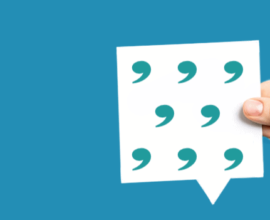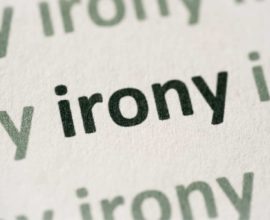How to Avoid Short Dialogues in Fiction
Writing dialogues is the second most difficult part of writing novel, the first one being avoiding them. There is no single rule as to how to write dialogues. However, it’s always a good practice to avoid short dialogues. Oftentimes short dialogues annoy the readers especially when they are excited to continue with the story. Here we will try to take an example and try to find suitable alternatives.
The meeting started. Matt saw Scott having a drink.
Matt said, Hi
Scott replied, Hi, how are you?
I am good. You? asked Matt.
I am good too, replied Scott.
This can be shortened to:
The meeting started. Matt saw Scott having a drink, and they didn’t need someone to introduce them.
This cuts the crap and carries the readers to the all important plot of the story. And often we come across the dialogue:
He said ok.
It looks boring when it’s repeated thirty odd times in the story. Let’s see some of the alternatives for this.
He nodded.
He agreed.
Ok, he sounded as bold as ever.
Ok, he said hesitatingly.
Yeah, he said, his charm reflecting on his tone.
Yes, I will, he sounded determined.
Ok, he kept his reply short.
Yeah, I will, he mumbled.
These can be blended to the dialogues to make the scene more natural. It gives readers some information about the character at least. Do you have some other alternatives? Post them in the comments below.





